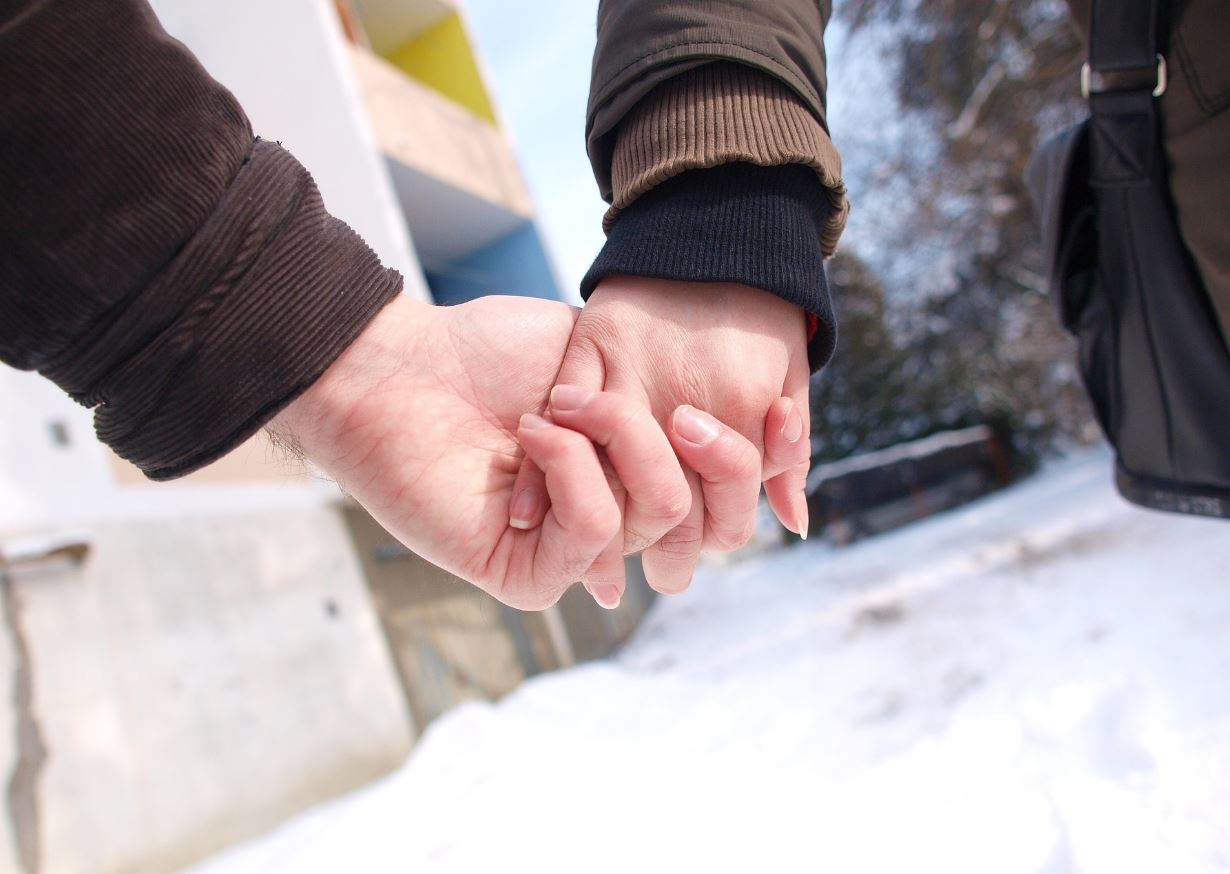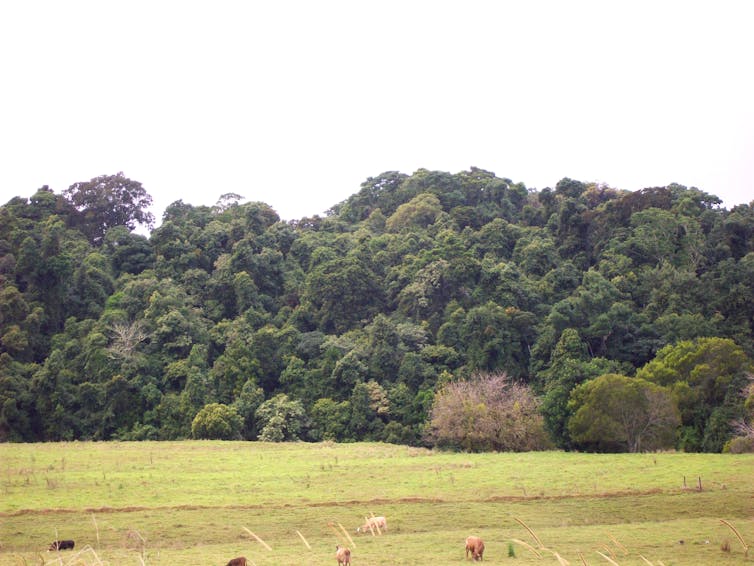
Young women and mothers with children can be a hidden part of society’s homelessness problem.
Many young people cycle in and out of homelessness as they survive violence and abuse as children, teenagers and young adults, say Flinders University experts who are leading a on Wednesday 5 August to mark
“We just do not see them as they ‘couch surf’, ‘hook up with other young people’, and navigate the hostel accommodations. They survive,” says Matthew Flinders Fellow and Professor in Social Work Sarah Wendt.
Young women who experience homelessness are part of these hidden populations, increasingly as COVID-19 pandemic puts pressure on incomes, employment and social services.
“Through our research, we aim to better understand the experiences and needs of these women to inform an evidence-based understanding of their circumstances, and to provide recommendations for appropriate services and system reforms that address these issues in the longer term,” Professor Wendt says.
and will lead discussions at Wednesday’s online Flinders University Brave Research and Innovation lecture series – entitled Nowhere to call home: Issues surrounding homelessness and its prevention
Flinders University and Housing SA recently interviewed 22 young women and 30 practitioners working in homelessness, youth and domestic and family violence services to study their situation.
“We found that childhood trauma (physical and sexual abuse, living with domestic and family violence) is a key theme in young women’s accounts of trajectories into homelessness.
“This trauma, combined with unsupported transitions to adulthood and an absence of family, social and financial resources, further increases the likelihood of young women experiencing homelessness.”
Research also shows that young women’s own experiences of domestic and family violence by a boyfriend causes housing instability and periods of homelessness.
“Young women can experience multiple forms of victimisation across their lives, and hence are likely to experience more than one episode of homelessness,” Professor Wendt says.
These challenges are intensified when young women become mothers. The demands of motherhood, together with experiences of homelessness and violence bring young women under the gaze of child protection authorities.
In these circumstances, where is the opportunity for young women and their children to experience a sense of home?
“Our research found that young women do not simply need housing – they need safe housing.
“Providing safe housing requires an attention to emotional, social, cultural and physical safety in relationships, dwellings and neighbourhoods.
“Services need to prioritise both safety and housing, to ensure secure and stable accommodation in the short and long term to tackle young women’s hidden homelessness, and prevent the next generation of children become homeless.”

Termed a modified safety-first and housing-first approach, the research recognises the importance of shelter in providing a stable base for addressing the individual challenges that contribute to homelessness, and positions gender-based violence as the cause and driver of women’s homelessness and trauma.
This can be implemented through a service system wide, trauma-informed response to young women’s needs and challenges.
“Young women require service responses that are not short term and crisis driven but include a consideration of the longer-term processes through which they can attain safe, appropriate, and sustainable housing, safe and sustainable relationships, and a place to call home.”
Australia is currently ranked 6th in the world when measured by the United Nations Human Development Indicators. However, the most recent ABS Census data in 2016 determined that more than 116,000 people were homeless. In South Australia, there are almost 6,000 people who are experiencing homelessness.
According to the Australian Bureau of Statistics, people are also homeless when they have no, or only short-term, secure tenure, no control of, and access to, space for social relationships. ³Ô¹ÏÍøÕ¾lessness means having no ‘home’.
Project: Young Women’s Experiences of Violence and ³Ô¹ÏÍøÕ¾lessness, conducted in partnership with Housing SA (Department of Human Services, South Australia) See more at (SWIRLS), Flinders University.
Hear more from Professor Sarah Wendt and Associate Professor Kristin Natalier at the Flinders University Brave Minds lecture – Nowhere to call home: Issues surrounding homelessness and its prevention –








